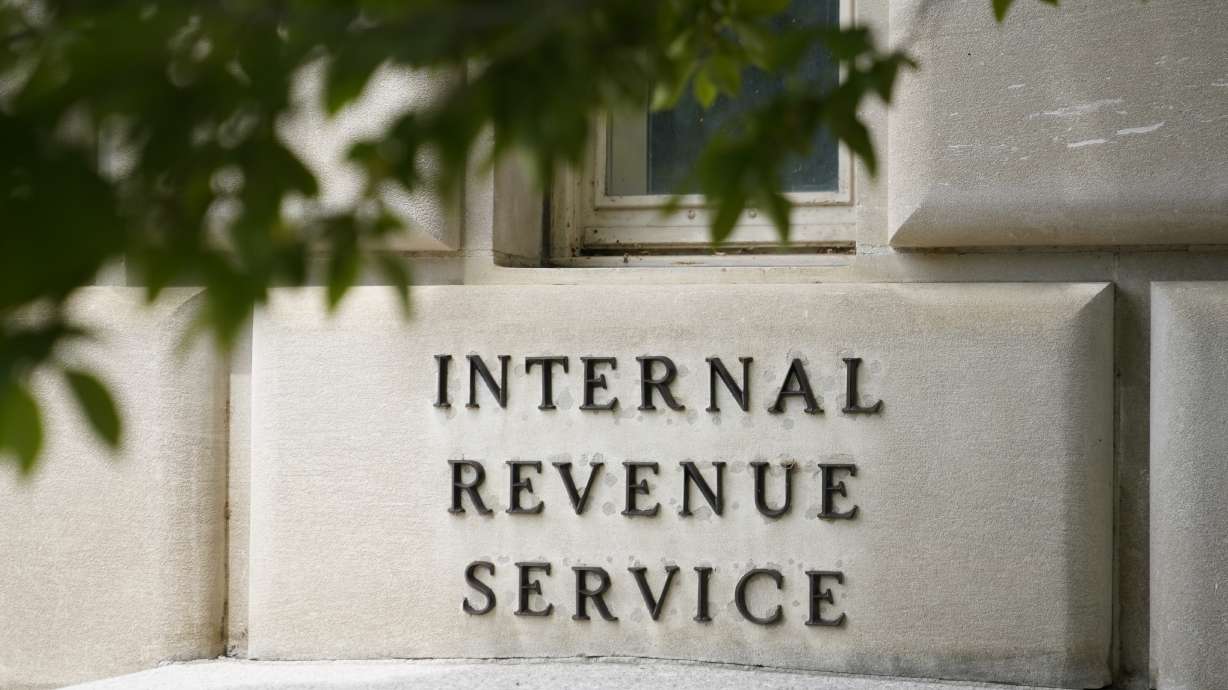Estimated read time: 2-3 minutes
This archived news story is available only for your personal, non-commercial use. Information in the story may be outdated or superseded by additional information. Reading or replaying the story in its archived form does not constitute a republication of the story.
SALT LAKE CITY — Taxpayers in Utah pay a higher percentage of their income in taxes compared to their counterparts in neighboring states, according to a new report from the Utah Taxpayers Association.
The How Utah Compares report puts Utah's tax burden in context with the burden of other states and the nation as a whole, using federal data from 2021. In addition to paying more than several nearby states, Utah's burden is also higher than the national average.
"While it is true that Utah has a strong economy and bright economic outlook, it is important to stay ahead of the competition if we are to continue to grow," said Rusty Cannon, president of the Utah Taxpayers Association. "Without constant improvement to tax policy — including lowering taxes and fees — Utah risks falling behind other states."
Utahns pay 22.95% of their income on overall taxes, including state, local and federal. That's more than the national average of 20.55%. Utah's property tax burden of 2.28% is the only area where the state is lower than the national average, which is 3.05%.
Compared to residents of neighboring states, Utahns pay more as a percentage of income overall. Only New Mexico pays more in income taxes and only Arizona pays more in sales taxes, according to the report.
"Overall tax burden is an important consideration for individuals and businesses looking to relocate," the report states. "For example, Colorado's Taxpayer Bill of Rights and Arizona's revenue-triggered income tax cuts make these states competitors for investment and migration. In order to grow and compete, it is important for Utah to lower the burden placed on taxpayers."
The Utah Taxpayers Association pointed to the state's constitutional earmark that designates income taxes for public education as one of the things holding the state back. Currently, the Utah Constitution limits using income tax revenue for public education and related programs, but that could change if voters approve a constitutional amendment on the November 2024 ballot to do away with the earmark.
Lawmakers have promised to do away with the sales tax on food if voters approve loosening the earmark, which they say creates a "structural imbalance" between sales tax and income tax revenue in the budget.
Utah Gov. Spencer Cox approved the largest tax cut in state history of $400 million earlier this year, cutting the state's income tax rate from 4.85% to 4.65%.









